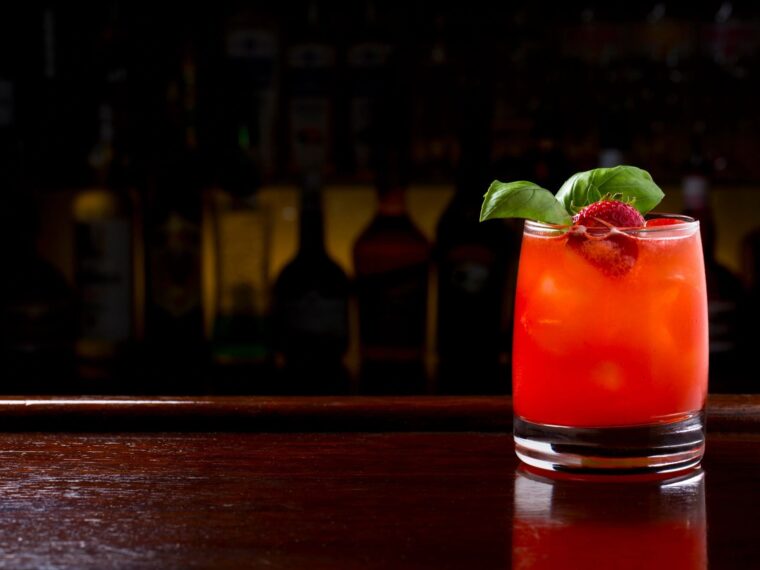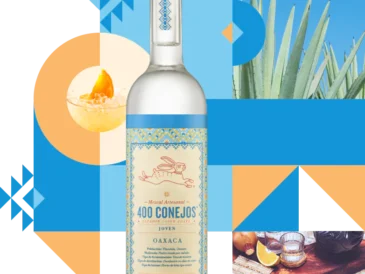Mezcal, a spirit made from the agave plant, has recently gained popularity. With its smoky and complex flavors, mezcal is often compared to its more famous cousin, tequila. However, unlike tequila, Mezcal has no official regulatory body to certify its production.
Mezcal Certification: To Certify or Not to Certify?
In recent years, there have been calls to create a certification system for mezcal production, similar to the Denomination of Origin (DO) system for tequila. Proponents argue that certification would ensure that mezcal is made according to traditional methods and that producers receive fair compensation for their work. However, opponents argue that certification would stifle innovation and creativity and that the market should decide which mezcal is high quality.
So, what are the merits of mezcal certification?
On the one hand, certification would assure consumers that the mezcal they buy is made using traditional methods. There is no standardized definition of mezcal, meaning some producers may use shortcuts or additives to cut costs. On the other hand, a certification system would ensure that producers follow strict guidelines for producing mezcal, which would help protect the spirit’s reputation.
Certification would also help to ensure that producers are paid fairly for their work. Currently, there is no minimum price for mezcal, meaning some producers may be paid very little for their products. A certification system would set a minimum price for mezcal, which would help ensure that producers are paid fairly and can continue to produce high-quality mezcal.
Stifling Innovation?
On the other hand, opponents argue that certification would stifle innovation and creativity in mezcal production. Mezcal has a long and rich history, and some producers believe that certification would limit their ability to experiment and create new styles of mezcal. They argue that the market should decide which mezcal is high quality rather than a certification board.
In conclusion
The merits of mezcal certification are a matter of debate. While certification would assure consumers that the mezcal they buy is made using traditional methods. Producers who are paid fairly may also limit innovation and creativity in mezcal production. Ultimately, the decision of whether to certify mezcal production should be made with the input of all stakeholders, including producers, consumers, and industry experts.
We welcome an open debate around this fast-growing industry at SF Tequila Shop.
We’d love to hear your thoughts in the comments below.




